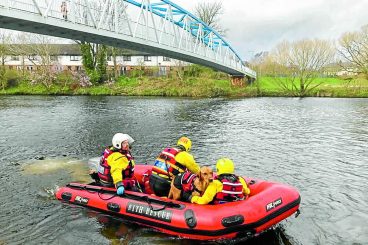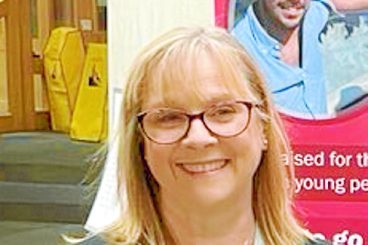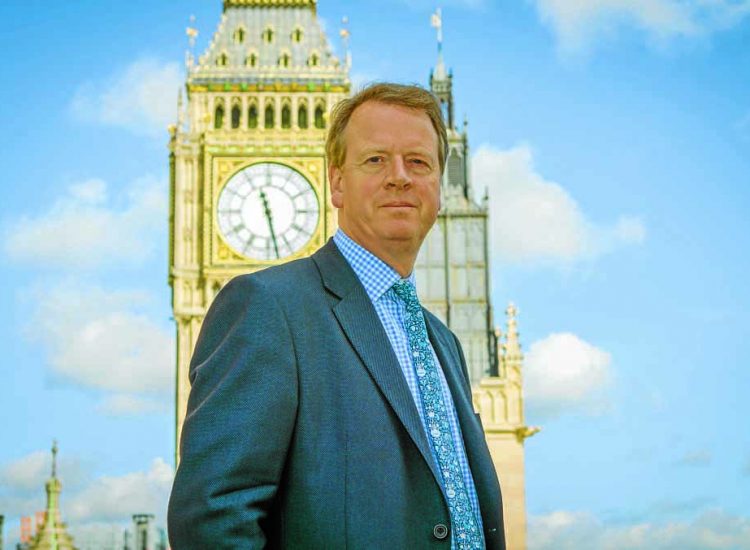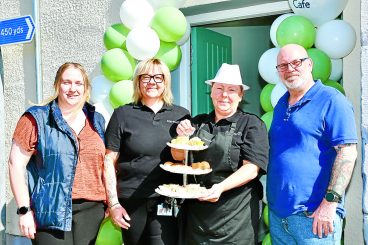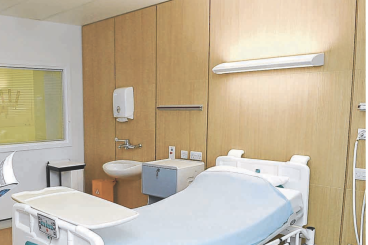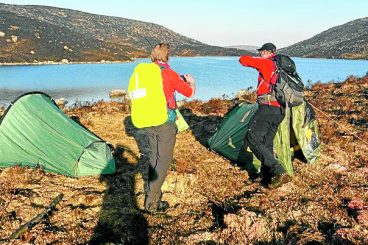Councillors recently approved proposals to kickstart an education officer-elected member working group which will focus specifically on this controversial issue.
The idea is to develop a firm policy for both primary and secondary schools in the event of mothball-type closures.
Meetings will be held monthly from early September 2024 and will report on the policy development to the full council by March 31, 2025.
Dee and Glenkens Councillor Dougie Campbell, who has been campaigning to protect Dalry Secondary, called for parents to be given a voice in this new forum.
Speaking at the recent full council meeting, Councillor Campbell said: “The working group could take representation, or presentations, from community representatives.
“In this case, I’m specifically thinking of Dalry because they are the only secondary school that has had a process of consultation leading up to a proposal for mothballing.
“So, I think that the conclusion of their experience and where consultation can be improved, their voices should be heard.”
Gillian Brydson, the council’s education director, responded: “In practice absolutely Councillor Campbell, we want to make sure we listen to our communities and we take account of their views in what we are looking to do.”
Five of the region’s schools are currently in mothball status, however more are at risk due to low school roll numbers.
The new council mothballing working group, in advising on the development of policy, will plan and determine an impact assessment around mothballing cases.
A comparison will also be made with other local authorities in how they operate.
Place plans and other evidence sources are also to reviewed, along with potential for operational implications in terms of transport, facilities management and catering.
A new schools transformation update report, which was tabled at the council’s education committee in May this year, stated: “Schools should have an occupancy rate where possible greater than 60 percent utilisation of the capacity of the school, and ideally should be operating at 80 percent utilisation.”
An education report published six months earlier revealed that 47 out of the 98 primary schools fall below this 60 percent figure, with two having an occupancy rate of just 15 percent.
Of the 16 high schools, seven are below 60 percent occupancy.
Mothballing group set up
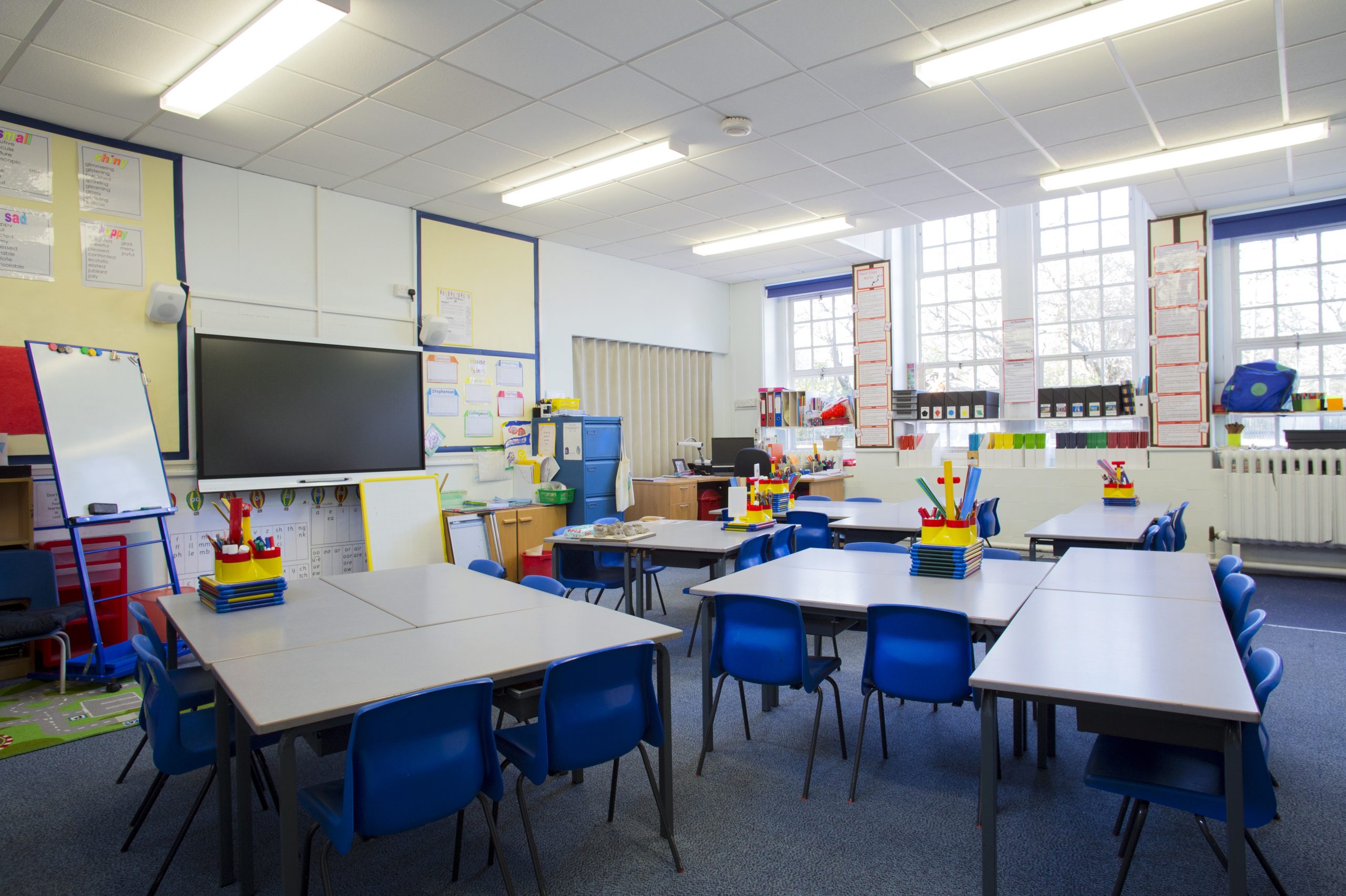

Sibling rivalry!
Oscar hopes to get one over brother to help Queens’ play-off push





